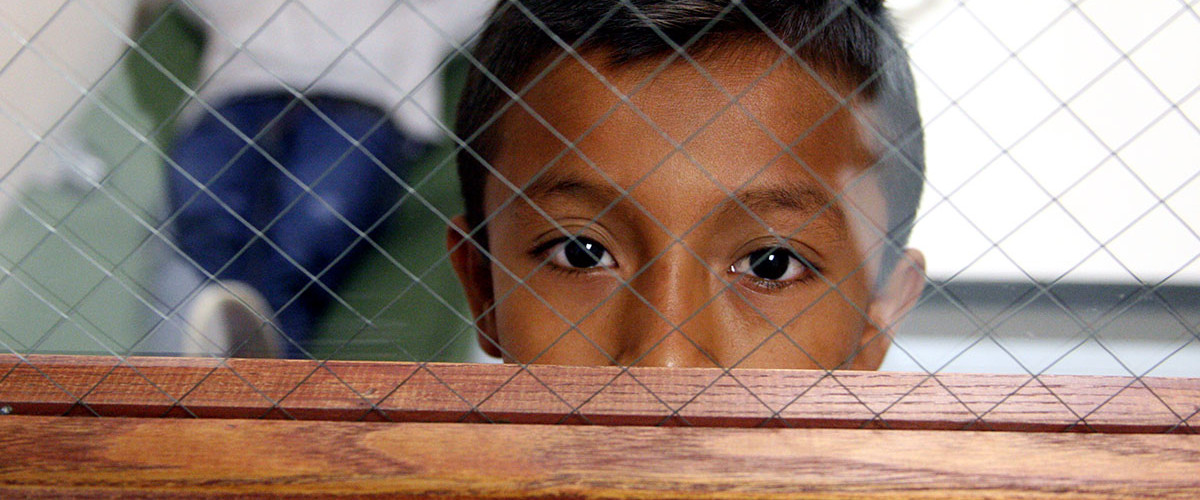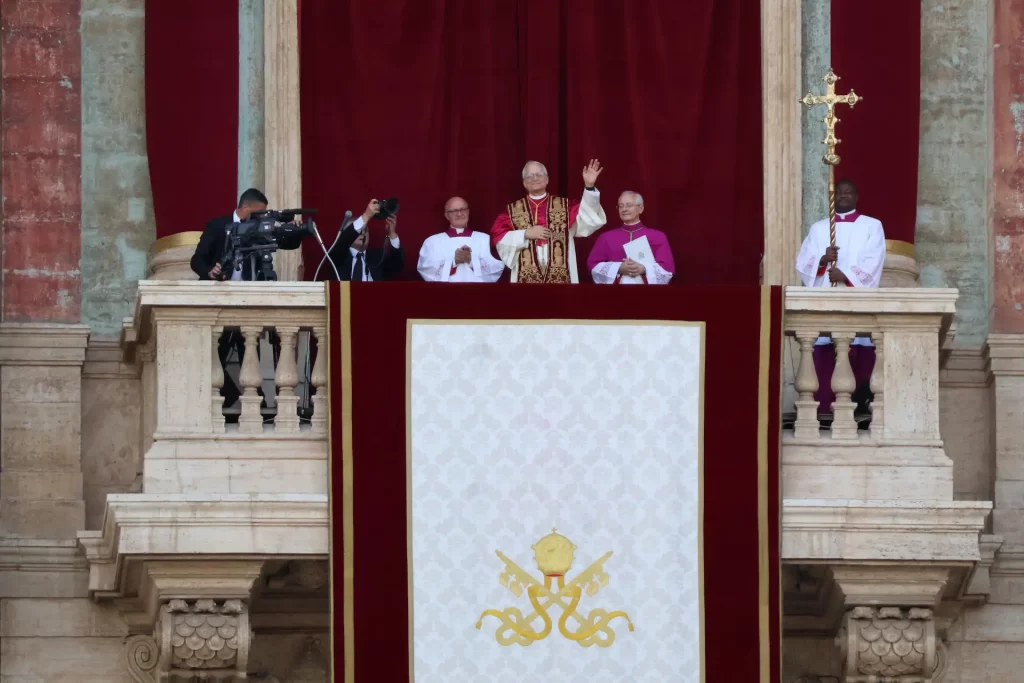In response to the dramatic increase in the number of unaccompanied children arriving in the United States from Central America over the past few years, Jesuit Refugee Service is collaborating with 13 Jesuit law schools in the US to address the issues faced by these child migrants.
According to US Customs and Border Protection (CBP) figures, the total number of apprehensions of unaccompanied children from Central America rose from 3,933 in FY2011 to 51,705 in FY2014. There has also been a significant increase in the number of families, almost exclusively mothers with young children, arriving at the US southern border. The number of individuals arriving in family units apprehended by CBP rose from 14,855 persons in FY2013 to 68,445 in FY2014.
According to a March 2014 UNHCR report, Children on the Run, which documents the circumstances compelling Central American children to seek refuge in the United States, a large proportion cite violence as the pivotal factor that led to their flight. Sixty-six percent of Salvadorans named violence by organized armed criminals as a primary motivation to leave. Similarly, 44 percent of Hondurans were either threatened with or were victims of violence by organized criminal networks.
Both Jesuit Refugee Service/USA and the law schools have been engaged in efforts to respond to the surge in migrants from Central America seeking protection, and are committed to collaboratively expanding efforts to address this critical issue. JRS/USA has been working to draw attention to the plight of minors and their families escaping violence and has been advocating on their behalf. The law schools have been providing a variety of services to this community through research, training and representation, serving hundreds of people.
This work by JRS/USA and the law schools has revealed a larger need to raise awareness of the legal, social, and cultural challenges that migrants seeking protection face when they arrive. Do migrants have access to timely and appropriate screening? Are they being offered a fair process affording them the opportunity to fully articulate their claims for protection? Is the current system able to preserve the safety, dignity, and well-being of migrants as they seek relief? These are just some of the questions that remain unanswered as the US continues to develop a response to this ongoing crisis.
According to Giulia McPherson, assistant director for policy at JRS/USA, the benefit of involving so many law schools is that they take different approaches. Some have conducted research and take a policy perspective, she said. Others provide direct representation through clinics or faculty initiatives, or they house organizations that represent immigrants.
JRS/USA and the law schools will work together to undertake research based on the first-hand experiences of legal practitioners in the participating schools. The research will be used to develop a policy paper that identifies improvements needed in the legal environment around, and the legal procedures currently available, for migrants seeking protection in the country. This policy paper will become the basis for an advocacy campaign to disseminate its findings and promote its recommendations. [Jesuit Refugee Service, Jesuit Conference of Canada and the United States]
The participating law schools are: Boston College, Creighton University, Fordham University, Georgetown University, Gonzaga University, Loyola University Chicago, Loyola University Los Angeles, Loyola University New Orleans, Saint Louis University (in close collaboration with the Catholic Legal Assistance Ministry housed at Saint Louis University), Santa Clara University, Seattle University, University of Detroit Mercy, and University of San Francisco.







